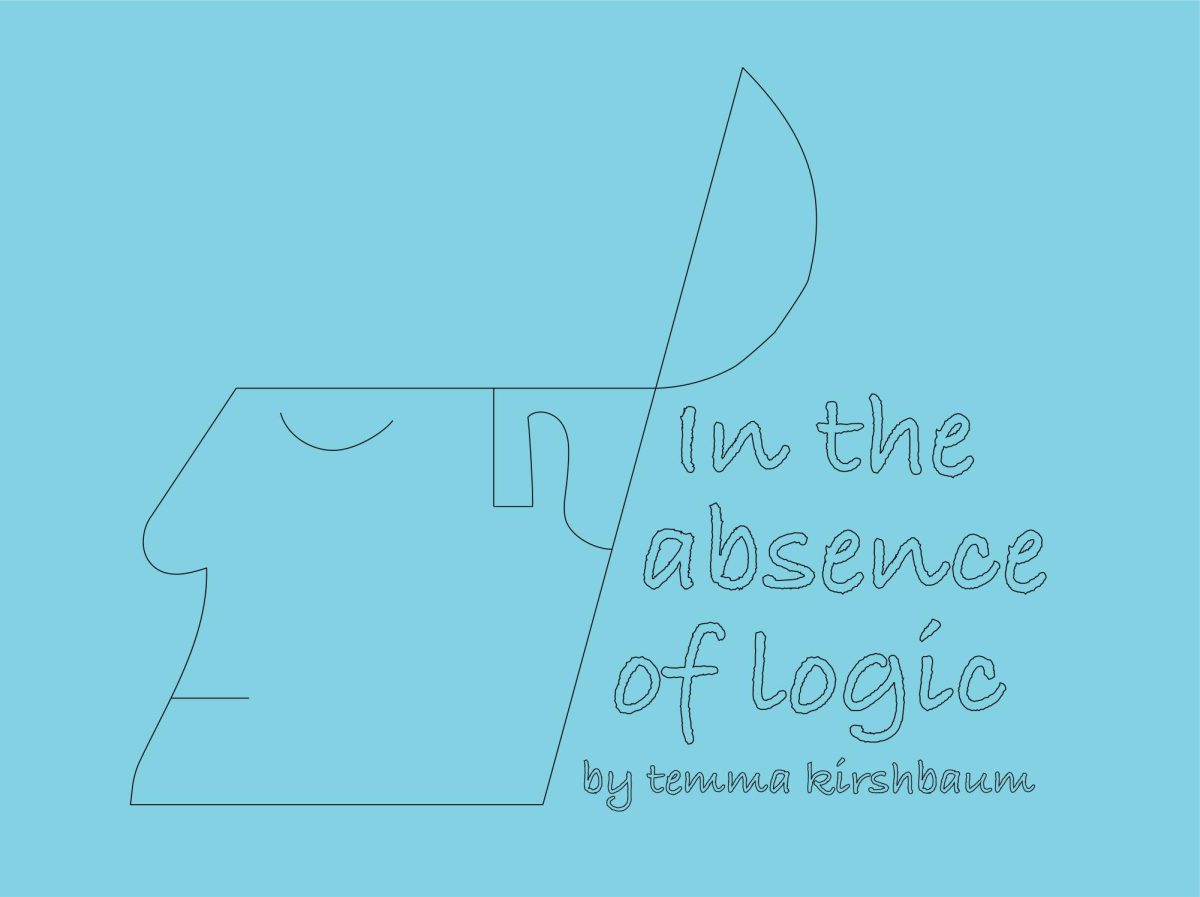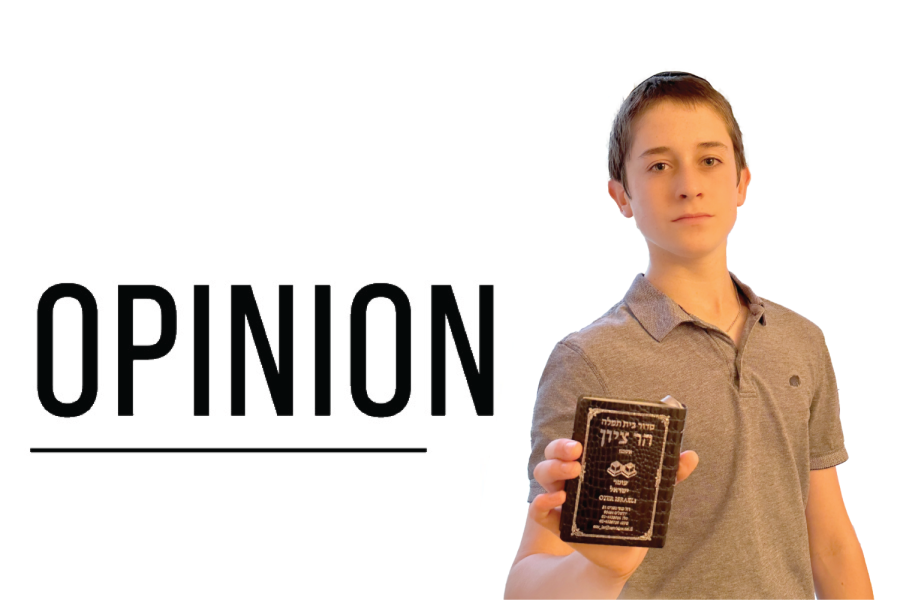Should Firehawks have to wear kippot during games?
As Modern Orthodox Jews, we do our best to adapt to the modern world we live in, yet simultaneously balance our lives with a strong core of Judaism and halacha. Unlike a scale, this balancing of modern life and Judaism is not as simple as placing different aspects on different sides and hoping that in the end, it will reach equilibrium. Rather, there are certain key values we hold in Judaism with no room for leeway.
Many students wonder why it is necessary to wear a kippah during athletics. To understand the reasoning, let us look into sources. The Talmud Bavli states: “Rav Huna son of Rav Yehoshua did not go four amos (hands-breadths) with his head uncovered. He said: The Divine Presence is above my head.” (Mesechet Kiddushin, Daf 31a)
In other words, the kippah serves as a reminder that there is Someone constantly above us. The very word yarmulke — the Yiddish word for kippah — defines its purpose; it can be broken down into two components: yirat malka — fear of the King. The kippah serves as a constant reminder that there is Someone above, and we should be aware of that at all times.
If you are inclined to say that halacha simply does not interest you, and that you could be less interested in yirat malka, then try to understand what the kippah has come to represent over the past few years. Rabbi Jonathan Sacks, chief rabbi of the British Empire, makes a rather interesting statement in a dvar Torah quoted by Judaic Studies teacher Noam Weissman. Judaism, he says, is not simply halachic reductionism — we don’t reduce Judaism down to just halacha and law. Judaism is full of so many colors. It isn’t just black and white. There is so much more to it.
For many generations, we have been persecuted because of our religion, wishing for a day when we could hold our head high and wear our religion on our sleeve out in the open. Thousands of our ancestors have died for this very purpose. Can you imagine what they would have given to have the privilege we have today?
Judaic Studies teacher Noam Weissman shares this story. One summer, he helped run a camp in Belarus to teach Jewish kids the fundamentals of Judaism. He recalls the campers being fascinated and amazed that he and the other counselors would openly wear their kippot at all times. They told Noam that it was dangerous for them to wear kippot out in public.
We live in a country that says, “Go ahead, wear that kippah, and address the world as a Jew!” Look at the amazing opportunity given; you have a chance to do a beautiful thing, while being proud of your identity. Look at the astounding example Beren Academy in Texas set, choosing proudly not to play basketball on Shabbat even though they’d advanced in competition.
Now to the psychological point of view, and extrinsic motivation. Annoyingly, there are times in our life where certain things must be done, regardless of our protest. For example, some jobs have certain requirements one must meet, whether it be specific attire, adhering to certain principles or something else. Regardless of your personal beliefs, you will perform what is requested. Being part of a Modern Orthodox community requires adhering to firm guidelines and rules. One of these laws is kippot, which brings me to my final point.
Shalhevet has established three basic standards held to be unchangeable. Theses are pedagogy, state law, and Jewish law. Many argue that wearing a kippah is simply minhag — a custom, and not a law. But Jewish law is often defined by minhag. Kippot became a minhag of Israel and many poskim hold it to be halakha today.
When dealing with questions about Jewish law, who better to turn to then the spiritual leader of our school, our head rabbi, Rabbi Segal. Rabbi Segal re-instituted kippah-wearing during athletics – not to instill animosity towards the law, but rather as a basic expectation to being part of our school. The animosity is a personal choice, it is all up to your perspective. It’s about the attitude you choose.
So, next time you step out onto that court, recognize the remarkable opportunity you have. Wear your kippah proudly, play your heart out, and make every moment count – in more ways than one.












